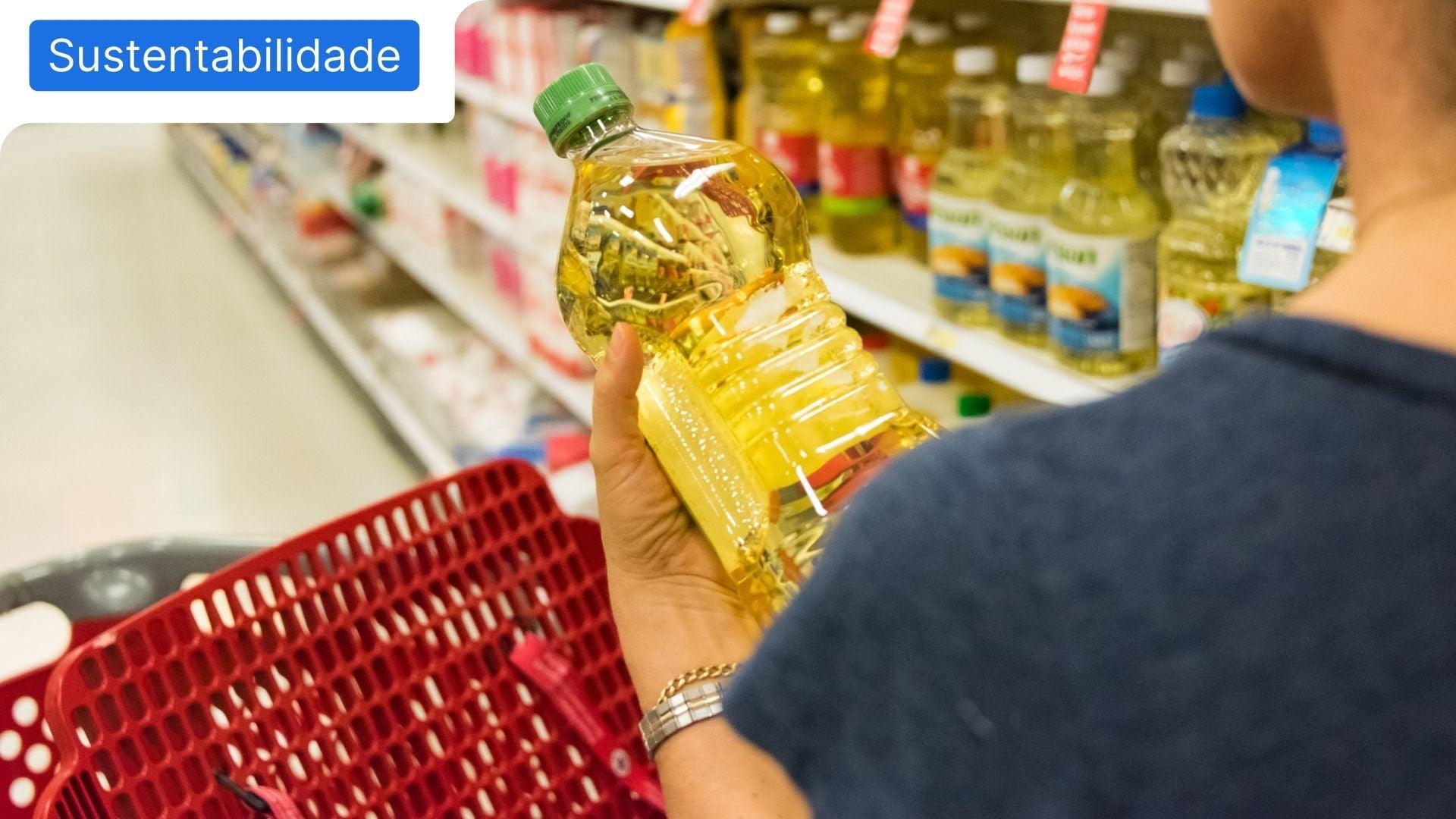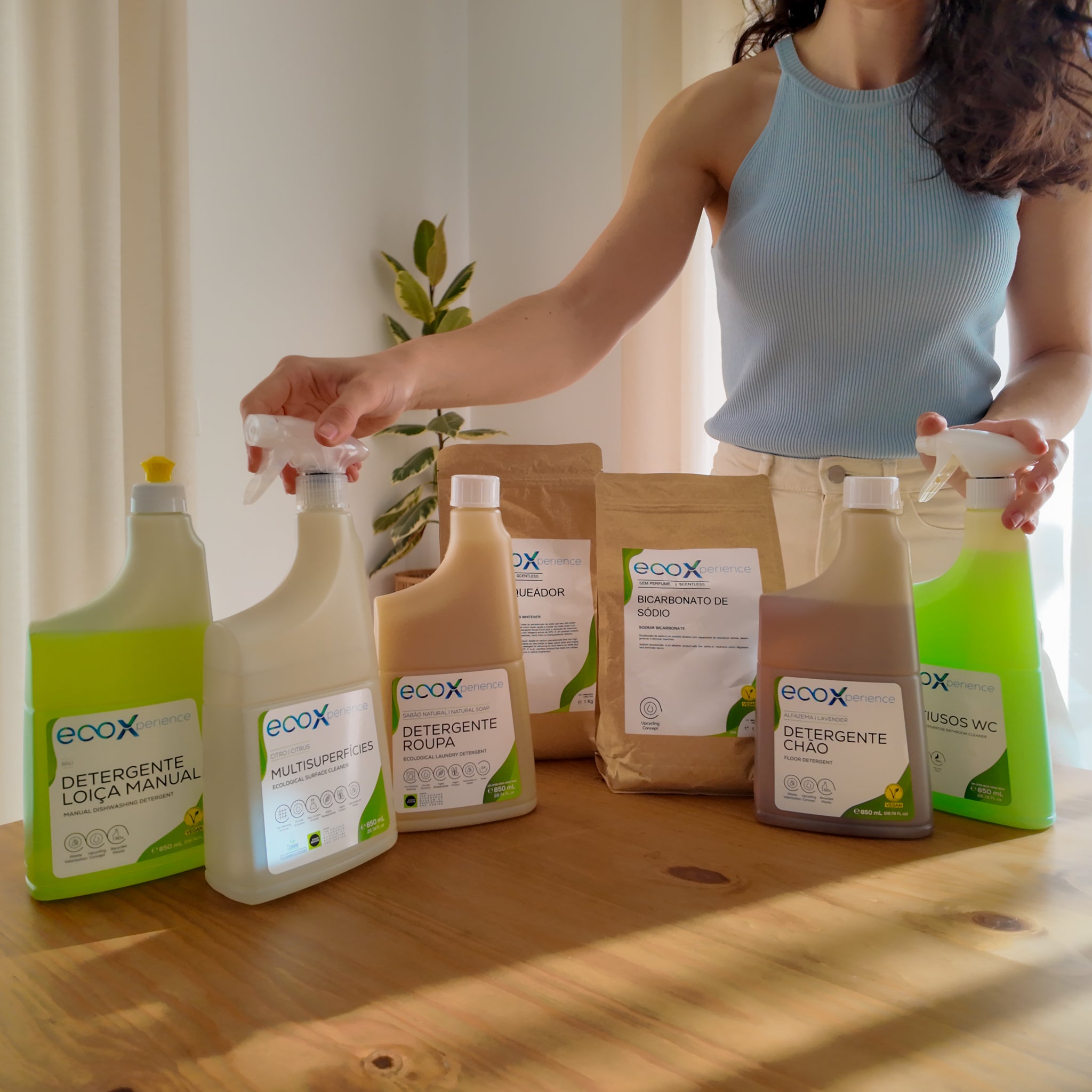
Used Cooking Oils: what happens to them in Portugal?
Used cooking oils are a product that is not missing in your kitchen or in any Portuguese kitchen, as they are part of the preparation of various meals. But do you know what happens to this waste after you discard it?
Mediterranean cuisine cultivates the use of vegetable oils, such as olive oil, sunflower oil, palm oil, wheat or corn. It is a fundamental aid in food preparation in countries such as Portugal, Spain, Italy or Greece.
However, the massive use of these oils generates a significant amount of waste that is harmful to the environment, as their disposal through the pipes in our homes or the restaurants we frequent represents an increase in the costs of wastewater treatment in WWTPs, affects marine fauna and causes obstruction of pipes.
The sectors that produce Used Cooking Oils in Portugal
APA – Portuguese Environment Agency – reveals that in 2015, Portugal consumed around 77 thousand tons of cooking oil, the waste of which must be recovered and recycled in accordance with the principles of a greener and more sustainable society.This waste is generated by the following sectors:
- Industrial sector: 6%;
- Domestic sector: 25%;
- HoReCA Sector (Hotels, Restaurants and Cafes): 69%.
It should be noted that part of the cooking oils used are absorbed during food preparation.
The same APA study reveals that 58 thousand tons of used cooking oil were available for recycling, of which 23 thousand tons were collected for recovery through the production of biodiesel.
Thus, it is estimated that 35 thousand tons of used cooking oil (UCO) were dumped into wastewater collectors.
But why are Used Cooking Oils not correctly recycled?
The number of liters of used cooking oil that is placed in wastewater collectors shows that there may still be:
- lack of information and education in Portugal about this serious environmental problem
- lack of collection points in our cities
- lack of products that can value UCO in a simple and effective way
The data is even more worrying if we analyze the collection rates in each sector: 1.6% (253 tons) in the domestic sector and 46% in the HoReCa sector.
Unfortunately, these data report that more than 50% of those involved in the industrial and commercial sector do not comply with the legislation that requires the delivery of used cooking oil (UCO) to companies licensed to do so.
These data reveal the lack of application of current legislation and its monitoring or even the creation of incentives that encourage the resolution of this problem. Unfortunately, environmental management in Portugal has been a poor relative of public policies for ecological protection and efficient management of natural resources.
The most worrying case is the management of the Portuguese forest; however, other equally damaging issues for the Portuguese economy remain to be resolved.
Source: NGO Zero








